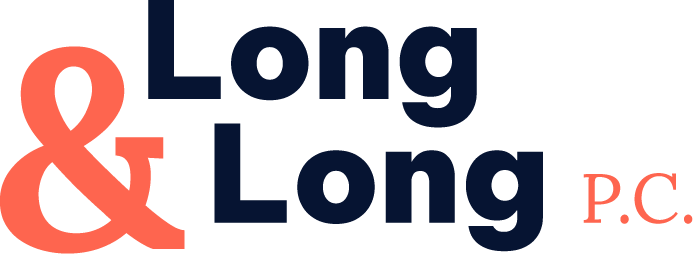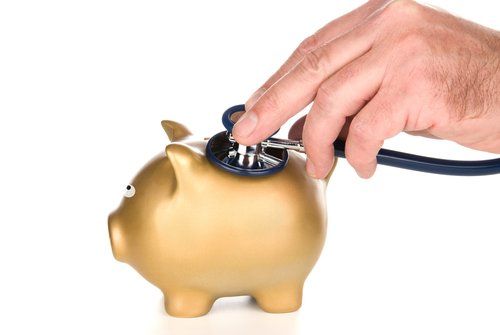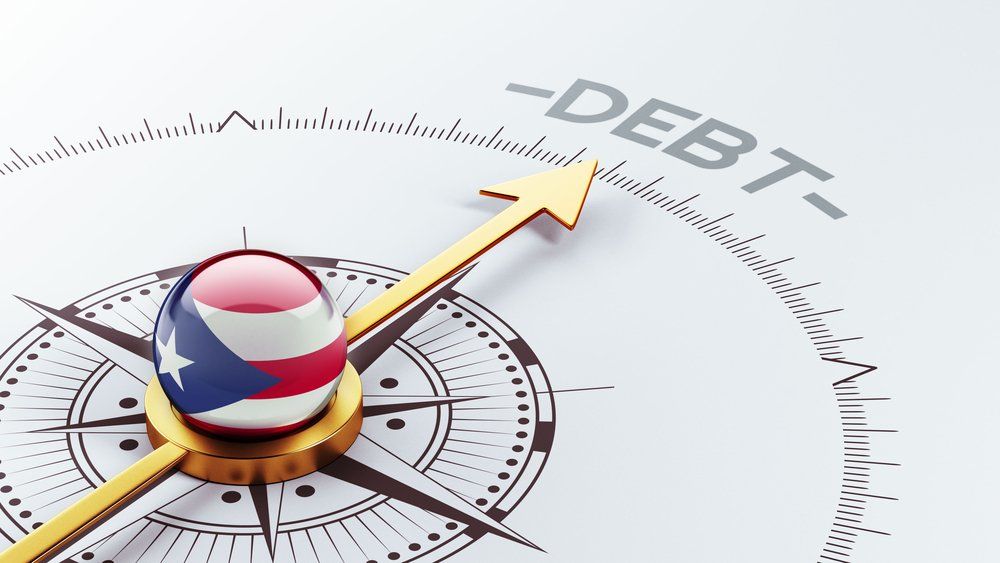Do Medical Bills Qualify for Bankruptcy?
Every few years a new study or survey comes out that reinforces what most bankruptcy attorneys can tell you at least anecdotally–medical bills are one of the most common reasons for bankruptcy. For example, an article in the August, 2009 edition of the New England Journal of Medicine found that “medical problems” contributed to approximately two-thirds of all bankruptcies in the United States. Of these, 92 percent had medical debts alone over $50,000 or ten percent of the family overall gross income. Another survey in 2014 found that 60 percent of bankruptcies were due to medical bills.
Often the medical office or hospital will sell their right to collect to a debt collector for pennies on the dollar. The professional debt collectors can then pursue you aggressively, despite the fact that their actions are regulated by the Fair Debt Collections Act . Whether you are paying your debt off in a Chapter 13 plan or liquidating your debt under Chapter 7, debt due to unpaid medical bills are likely to be a continuing reality until they are discharged under by a Bankruptcy Court.
UNSECURED DEBT – NO DIFFERENT THAN CREDIT CARD DEBT
With rare exceptions, almost all medical debt is unsecured debt . As such, the law treats medical debt the same as credit card debt, unsecured loans from a lender. In fact, the only unsecured debt that cannot be discharged is priority debt . For various policy reasons, Congress decided that certain debts should be treated differently from others. Tax liability or other debts owed to government, not surprisingly, is priority debt. Child support and spousal support, collectively referred to as domestic support obligations and even things such as debt incurred as a result of a drunk driving accident are nondischargeable (although debt incurred as a result of a normal car accident and not covered by auto insurance is dischargeable). When a nonpriority unsecured debtor obtains a judgment following a lawsuit they may become secure by placing a lien on your home. In some cases, said lien is avoidable in bankruptcy.
CHOICE BETWEEN CHAPTER 7 AND CHAPTER 13
Chapter 7 bankruptcy, also known as liquidation, allows you to discharge your non priority debt without payment, as distinct from a Chapter 13 which requires a debtor to pay off some of their debt over time. There are different factors that will take a case out of chapter 7 and into a Chapter 13. Among them are:
- Their income is too high ; or
- They obtained a bankruptcy discharge in the past eight years ; or
- They want to pay off arrears on secured debt that they want to keep, usually their primary home or car/truck;
- They have too much disposable income;
- They need to pay off priority debt, such as taxes owed, over time.
CONTACT A DENVER BANKRUPTCY ATTORNEY
If you find yourself overwhelmed by unpaid medical bills like tens of millions of Americans you owe it to yourself and your family to speak with an experienced, patient and practical law firm. As a former Trustee for the United States Bankruptcy Court, Martin Long, of Long & Long, P.C. has the experience and knowledge of the bankruptcy code and law to help you through your time of difficulty. You can contact us by calling (303) 832-2655 or by filling out the contact form on this page.
The post Do Medical Bills Qualify for Bankruptcy? appeared first on Long & Long P.C..






